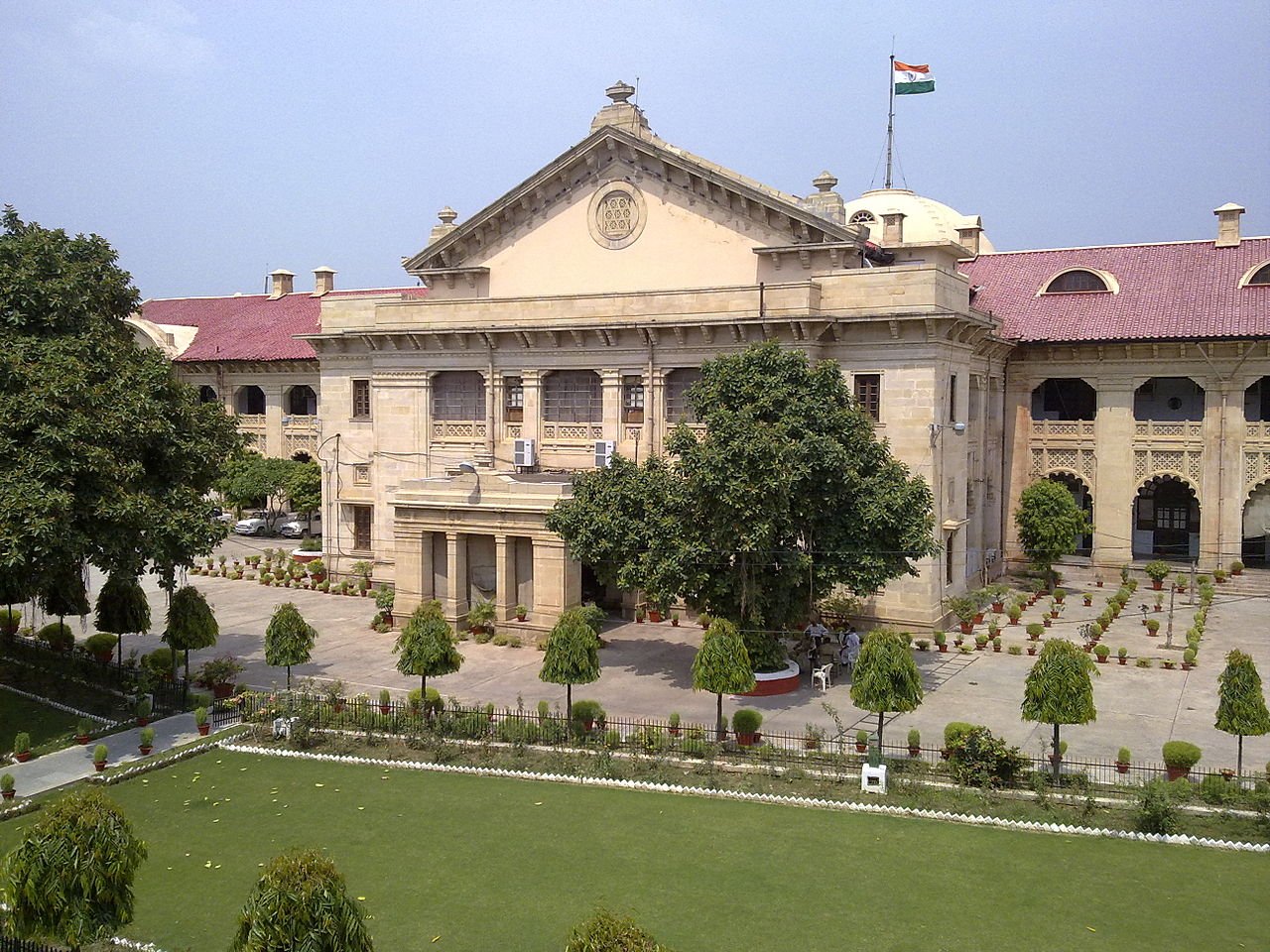The Supreme Court acknowledged the significance of the right to default bail under the Criminal Procedure Code (CrPC), stating that the filing of chargesheets before the completion of an investigation cannot obstruct this right.
The bench, consisting of Justices Krishna Murari and CT Ravikumar, emphasised that the right to default bail is not simply a statutory right, but rather a fundamental right derived from Article 21 of the Indian Constitution.
The Court further stressed that a chargesheet cannot be submitted before the completion of an investigation in order to deprive the accused of default bail.
The Court ruled as follows:
- Without completing the investigation in a case, a chargesheet or prosecution complaint cannot be filed by an investigating agency only to deprive an arrested accused of his right to default bail under Section 167(2) of the CrPC.
- Such a chargesheet, if filed by an investigating authority without first completing the investigation, would not extinguish the right to default bail under Section 167(2) CrPC.
- The trial court, in such cases, cannot continue to remand an arrested person beyond the maximum stipulated time without offering the arrested person default bail.
The significance of this procedural formality is to ensure that no defendant is harassed or “subject to the unrestrained and arbitrary power of the state,” as the bench emphasised.
“The process of remand and custody, in their practical manifestations, create a huge disparity of power between the investigating authority and the accused. While there is no doubt in our minds that arrest and remand are extremely crucial for the smooth functioning of the investigation authority for the purpose of attaining justice, however, it is also extremely important to be cognizant of a power imbalance,” the Court said.
The Supreme Court’s observations were included in a ruling that denied the default bail application of Sanjay Chhabria, an accused in the Yes Bank fraud case and a real estate developer.
Chhabria’s wife filed the petition with the Supreme Court, claiming that the Central Bureau of Investigation (CBI) would keep her husband in custody beyond the 60-day statutory limit under the pretext of multiple additional chargesheets.
The petitioner’s attorney contended that the investigation was ongoing, and that the accused had not been named in the complaint.
In February of this year, the court granted the defendant interim bail, which was made permanent by today’s ruling.
The bench also dismissed the CBI’s preliminary objections regarding the maintainability of the petition, stating that the Constitution empowers the court to safeguard the civil liberties of individuals and society as a whole.
“These civil liberties, which manifest themselves in the form of fundamental rights, are what allow the people of this country to effectively negotiate with the state and maintain the parity in power in the social contract between the people and the state. If this Court refuses to exercise its jurisdiction on technicalities in cases of violations of fundamental rights, it will lead to a ripple effect that will result in a dysfunctional social contract, wherein the people of this country would become subject to an arbitrary and unfettered tyranny of the state.”
The bench acknowledged that the practice of submitting preliminary chargesheets to extend remand was initially identified by the Law Commission of India in its fourteenth report, which resulted in an amendment to the Criminal Procedure Code (CrPC) allowing for default bail.
The Court underlined that a supplementary chargesheet that explicitly states that the investigation is ongoing cannot be employed to invalidate the right to default bail.
The Supreme Court stated that the lower court made an error by failing to grant default bail to the accused and instead “mechanically accepting the incomplete chargesheets” to prolong the remand.
“The Investigating Agency and the trial court, thus, failed to observe the mandate of law, and acted in a manner which was manifestly arbitrary and violative of the fundamental rights guaranteed to the accused.”



